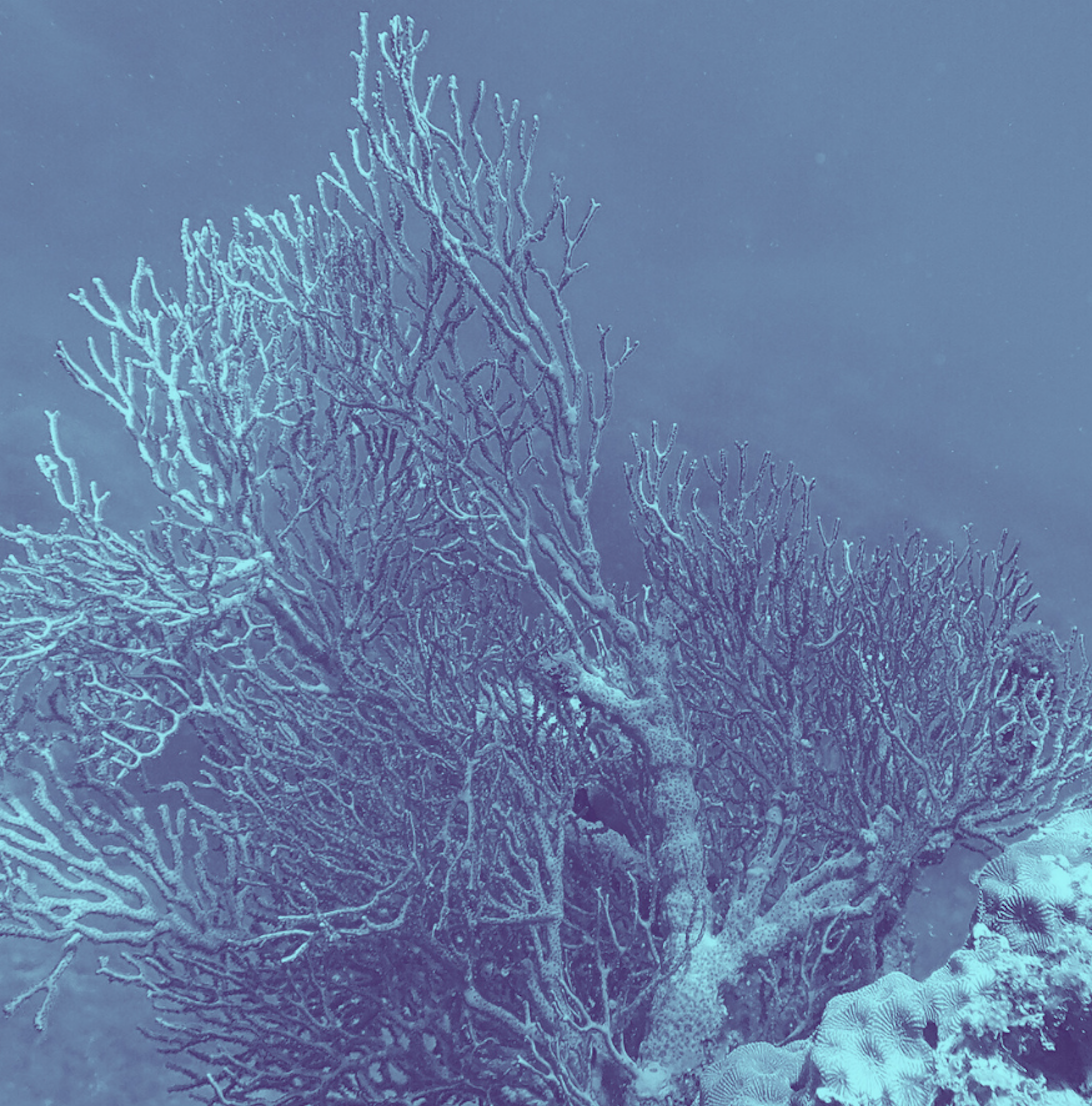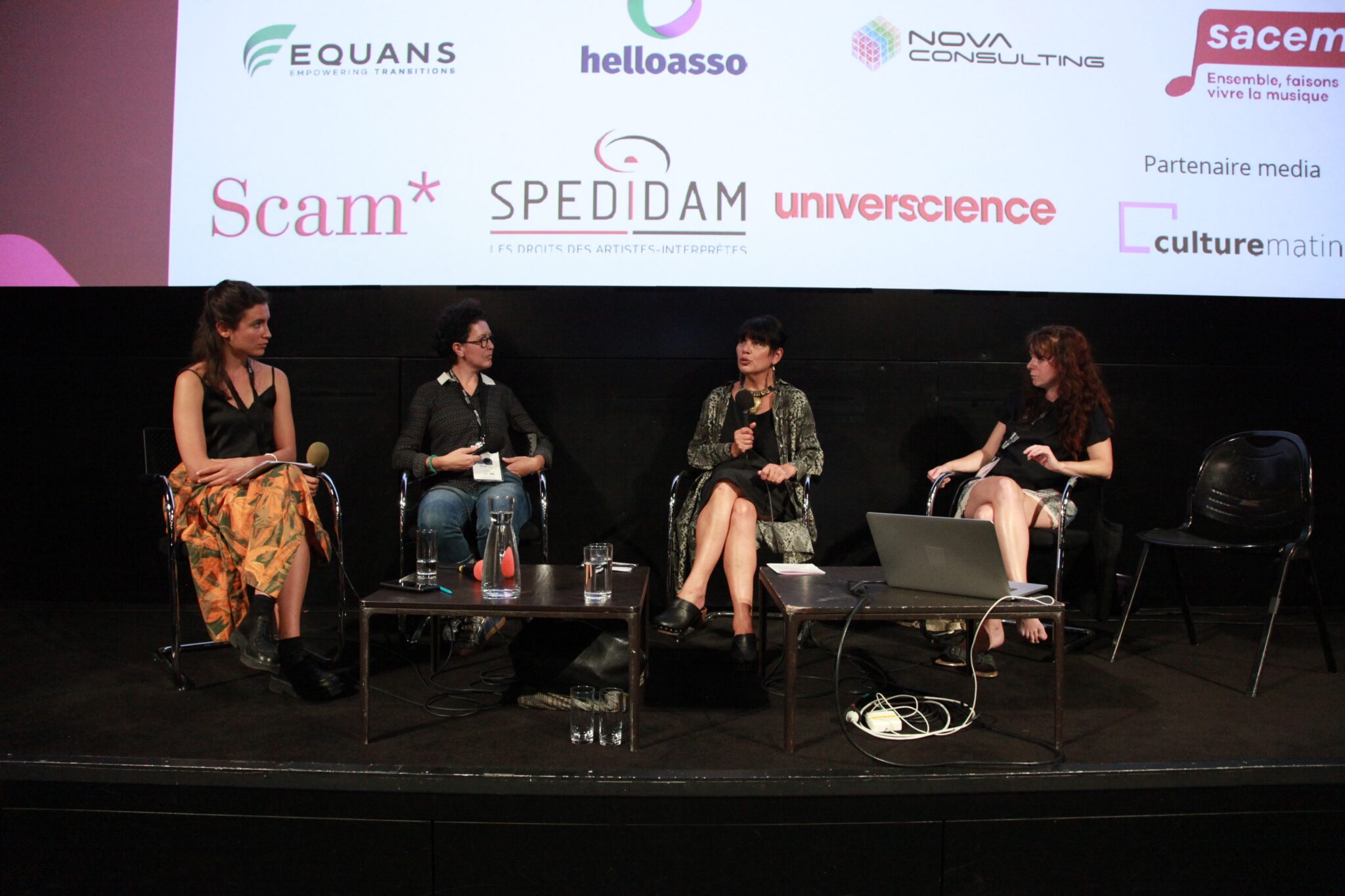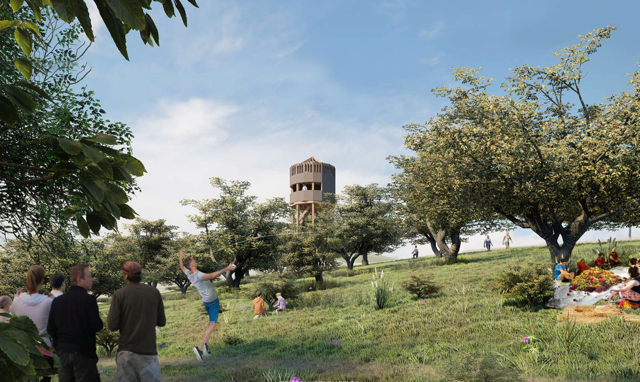
Call for entries: Deniz Villaları – Ecological Crossings
We’re delighted to announce our partnership with the Institut français de Turquie and the Goethe-Institut Türkei in their call for…

On September 6, 2022, COAL took part in the 7th edition of Think Culture at the Centre Pompidou (Paris 4th), organized by News Tank Culture. Joan Pronnier moderated the debate “Audiences and ecology: which mobilities, which participation, which cultural rights?” with Nathalie Bondil, director of the museum and exhibitions department of the Institut du monde arabe; Maryline Lair, director of the Collectif des Festivals; and Marine Le Bonnois, co-founder and president of ARVIVA – Arts vivants, Arts durables.
Image credits: Think Culture 2022 – © Seb Lascoux
Published on 1 August 2022
Taking into account the ecological issue does not only concern artists and cultural professionals, but also the public: their behavior and their awareness, but also the actions and initiatives of cultural structures and communities that can be launched in their direction.
The subject of mobility, i.e. transport methods, is obviously the first to be raised, in view of its consequences on the carbon footprint. Carpooling, encouragement of public transport and reduction of parking spaces, storage spaces for bicycles, or even tickets or subscriptions at reduced prices for their users: ideas and examples abound, it being understood that the concrete situations differ, in particular between festivals on the periphery and permanent facilities in the city center. Can soft mobility become the rule, in the long run, for all places and for all people?
The responsible and supportive approach intends to “take care” of the public. If it is a question of modifying the programming (fewer shows, longer durations) and increasing the artistic presence in the venues, what new forms of encounter with the public can be invented? Are cultural facilities also meant to become “living spaces”? Will this change the composition of the audience? Therefore, can these audiences, or the inhabitants living near the facilities, contribute to the reflection on the ecological, social and cultural project of cultural structures?
“For there to be true cultural democratization, we must not be in a ready-made approach but, on the contrary, set up a work of collaboration, co-creation, co-construction with civil society, associations, clinics, hospitals, universities, schools… We must not simply open the door to the public, we must go out and find them,” says Nathalie Bondil, director of the museum and exhibition department of the Arab World Institute.
“Many of our members are concerned about the world we live in and want to participate in the ecological transition. Festivals have the chance to be places with the time and space necessary to organize meetings, times of exchange, agoras,” says Maryline Lair, director of the Collectif des Festivals.
“Deciding to move artists, rather than audiences, is a debatable solution. Venues and festivals must co-construct tours to reduce the impact of audience mobility. For the same artist, the carbon footprint of a show bringing together 300,000 people will be higher than that of several smaller festivals combined,” adds Marine Le Bonnois, co-founder of ARVIVA and administrator of La Pop.
More information HERE
We’re delighted to announce our partnership with the Institut français de Turquie and the Goethe-Institut Türkei in their call for…
Since 2022, as part of the Pays de l’Arbresle’s “Les murmures du Temps” art trail, Thierry Boutonnier has been sending…
Since 2022, as part of the Pays de l’Arbresle’s “Les murmures du Temps” art trail, Thierry Boutonnier has been sending…

